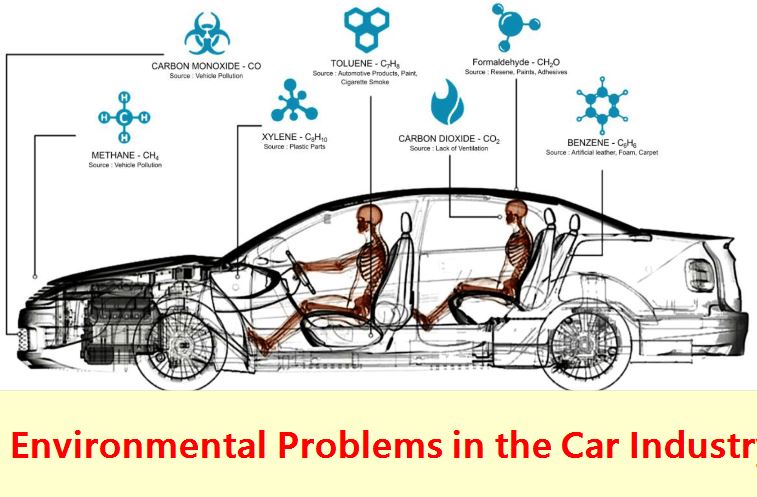Environmental problems in the car industry stem from various factors, ranging from vehicle design and manufacturing processes to consumer behavior and regulatory frameworks. Understanding the underlying causes of these environmental challenges is essential for devising effective solutions and promoting sustainability within the industry.
In this article, we’ll explore the primary causes of Environmental Problems in the car industry and their implications.
Combustion Engines
One of the primary causes of environmental problems in the car industry is the widespread use of combustion engines in traditional gasoline and diesel vehicles. These engines burn fossil fuels, emitting pollutants such as carbon dioxide (CO2), nitrogen oxides (NOx), and particulate matter (PM) into the atmosphere. The combustion process contributes to air pollution, smog formation, and climate change, exacerbating environmental problems on a global scale. Visit Us
Fuel Selection
The type of fuel used in vehicles also influences their environmental impact. Conventional gasoline and diesel fuels derived from fossil sources emit significant greenhouse gases and air pollutants when burned. Alternative fuels, such as biofuels, hydrogen, and electricity, offer cleaner and more sustainable alternatives. However, challenges such as infrastructure limitations, energy efficiency, and scalability hinder the widespread adoption of alternative fuels in the car industry. disposal Melbourne
Vehicle Design and Manufacturing
The design and manufacturing processes of vehicles play a crucial role in their environmental footprint. Traditional manufacturing methods consume vast amounts of energy and raw materials, contributing to resource depletion and pollution.
Additionally, vehicle design factors such as size, weight, and aerodynamics influence fuel efficiency and emissions during operation. Adopting lightweight materials, efficient production techniques, and eco-friendly design principles can help mitigate environmental impact in the manufacturing phase.
Consumer Preferences and Behavior
Consumer preferences and behavior significantly impact the environmental performance of the car industry. Demand for larger, less fuel-efficient vehicles, such as SUVs and trucks, contributes to higher emissions and resource consumption. Moreover, driving habits, such as excessive idling, aggressive acceleration, and poor vehicle maintenance, can further exacerbate environmental problems. Educating consumers about the environmental consequences of their transportation choices and promoting sustainable alternatives are essential for addressing this aspect of the problem.
Regulatory Frameworks
Regulatory frameworks and government policies play a crucial role in shaping the environmental performance of the car industry. Fuel efficiency standards, emission regulations, and incentives for clean technologies influence automakers’ product development and investment decisions.
However, loopholes, weak enforcement, and political influences can undermine the effectiveness of regulatory measures, allowing environmental problems to persist. Strengthening and enforcing stringent environmental regulations are essential for holding the car industry accountable and driving positive change.
Conclusion
Environmental problems in the car industry are complex and multifaceted, stemming from factors such as combustion engines, fuel selection, vehicle design and manufacturing, consumer behavior, and regulatory frameworks. Addressing these challenges requires a holistic approach that involves collaboration among automakers, policymakers, consumers, and other stakeholders.
By adopting cleaner technologies, promoting sustainable practices, and advocating for stronger environmental regulations, we can mitigate the environmental impact of the car industry and move towards a more sustainable transportation system.





